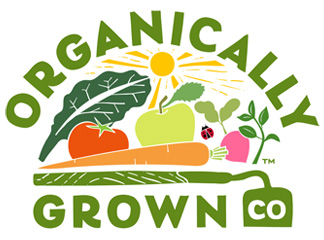Signatory Snapshot
Here is a snapshot profile of some of our signatories and their strategies to prevent and recover food waste!
Albertsons — Retailer
Albertsons Companies is committed to running a business that makes meaningful social and environmental progress to better the lives of their associates, the communities they serve, and the planet we share. Through their Recipe for Change plan, they bring together the ingredients for a better world to achieve bold ambitions, including eliminating food waste to landfill by 2030.
Food Waste Reduction Strategies
- Leveraging the enhanced demand planning software, Afresh, across nearly all Albertsons Companies stores, improving ordering, reducing unsold food, and lessening greenhouse gas emissions.
- Albertsons Cos.’ banner stores divert millions of pounds of food and trimmings from landfills through composting, innovative upcycling solutions, and anaerobic digestion.
- Donating millions of pounds of food a year to help neighbors in need through their partnership with Feeding America.
- Piloting new store-based strategies and more frequent pickups by food bank partners to continue improving donation outcomes.
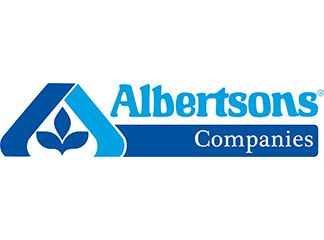
ALDI — Retailer
International brand ALDI has store locations up and down the West Coast. Among their sustainability focus areas is “Waste & Recovery,” which includes a number of initiatives related to reducing food waste. The data below is reflective of 2022.
Food Waste Reduction Strategies
- Piloting an organics recycling program in midwest stores that would divert food that could not be sold or donated to animal feed or compost, which helped them divert 37 tons of food from landfill.
- Diverting 76% of operational waste across the company.
- Recycling 1,645 tons of food between the ALDI Test Kitchen and select stores.
- Donating 32M+ pounds of food from stores and warehouses to their donation partners.
- Recycling, reusing, or donating over 385,000 tons of material – equivalent to more than 28,000 truckloads of ALDI product – that would have otherwise gone to landfill.
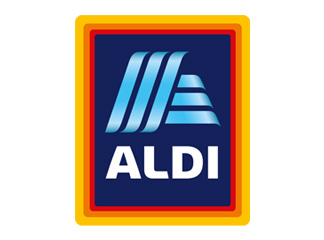
PCC Community Markets — Retailer
PCC Community Markets is a community-based cooperative with locations in the Greater Seattle region and a strong commitment to sustainability.
Food Waste Reduction Strategies
- Reducing bread shrink by exploring upcycling opportunities. Read about it in this PCFWC case study.
- Reducing meat shrink through tighter production solutions and donation tracking.
- Transitioning from tracking donations by food weight and number of meals to more nutrient-based tracking methods.
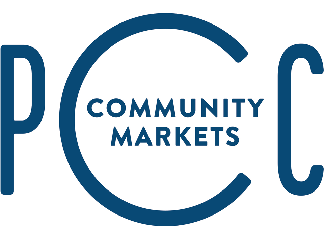
Raley’s — Retailer
Raley’s is a grocery chain with locations across California and Nevada. Some of their latest accomplishments tackling food waste can be read about in this PCFWC case study.
Food Waste Reduction Strategies
- Partnering with Feeding America and Raley’s 501(c)3 Food For Families to ensure pallets of over-purchased or mislabeled products are donated to local food banks.
- Fundraising for Food For Families. Donations are used by food banks to purchase nutritious and local produce from farmers as well as fresh, frozen, and shelf-stable items at cost.
- Streamlining processes and strengthening relationships with hyperlocal food agencies. More than 6 million pounds of food was donated to Raley’s neighbors in 2022.
- Collaborating with Atlas Disposal and UC Davis to transfer all food waste to the UC Davis biodigester, which received more than 9,000 tons of food waste from Raley’s in 2022.
- Utilizing enhanced demand planning and dynamic pricing technologies, while minimizing on-hand excess inventory.
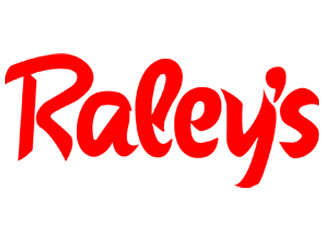
Walmart — Retailer
Walmart, one of the biggest retailers in the world, has an ambitious goal to achieve zero waste to landfill and incineration in their operations in the U.S. by 2025. In 2022, 78% of Walmart’s total U.S. waste was diverted from landfill and incineration.
Food Waste Reduction Strategies
- Encouraging suppliers to measure and report food waste through their created Project Gigaton, which more than 475 suppliers reported food waste reductions and/or date labeling initiatives in 2022.
- Encouraging suppliers to standardize date labeling as an aid to improve customer decision-making, an initiative that was part of the Consumer Goods Forum’s Date Labeling Call to Action.
- Instituting standardized date labeling on their own private brand items. Walmart estimates that in FY2023, 96% of Walmart U.S. private-brand food supplier-reported sales came from items carrying “Best if Used By” or “Use By” standardized date labels.
- Donating unsold food to people and places that need it while it remains nutritious. In FY2023, Walmart donated more than 665 million pounds of food in the U.S. alone through their partnership with Feeding America, a nationwide network of 200 food banks in the U.S.
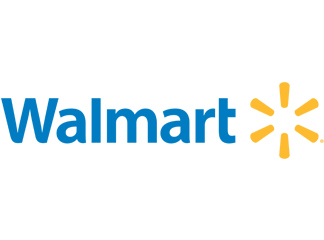
Bob’s Red Mill — Manufacturer
Oregon-based and employee-owned Bob’s Red Mill manufactures whole-grain foods sold across the U.S. and internationally.
Food Waste Reduction Strategies
- Establishing an inter-department “Scrap Team” tasked with tackling food and other waste.
- Encouraging employees to take home surplus or near-end-of-life products.
- Collecting 170 staff ideas for reducing waste through an employee engagement competition. Read about it in this PCFWC case study!
- Shifting many products to resealable packaging to preserve freshness for consumers.
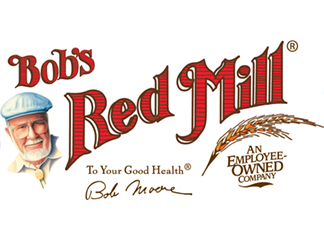
Aramark — Foodservice
One of the nation’s largest foodservice companies with locations across the U.S. and the West Coast, Aramark has made tackling food waste a priority.
Food Waste Reduction Strategies
- Educating employees across the organization about food waste prevention through learning modules that support analysis of production and service results to better inform future planning and forecasting.
- Using technology-based waste tracking solutions like Leanpath and Aramark’s proprietary app ENABLE to quantify pre-consumer waste in over 450 locations with plans to expand.
- Partnering with Food Donation Connection, the Food Recovery Network, Goodr, and other approved local recovery agencies.
- Instituting a variety of other initiatives – trayless dining, post-consumer “Weigh the Waste” events, improved signage, plate waste studies, and operational sustainability trainings, to name a few – in locations across the country.
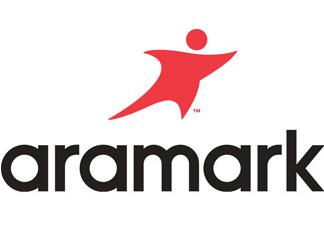
Organically Grown — Distributor
Headquartered in Eugene, OR and located throughout the Pacific Northwest, OGC was founded with the mission to grow the organic movement and build a healthy and sustainable planet.
Food Waste Reduction Strategies
- Implementing strategic purchasing and crop coordination with growers to minimize the loss of product during storage and distribution.
- Expanding inbound produce standards, allowing OGC to accept shipments of produce that other distributors or retailers may reject due to size, shape, or color.
- Prioritizing work with alternative markets to sell product that is close to expiration or outside mainstream customer specifications.
- Modifying in-house sorting, packing, and labeling operations to prevent waste down the supply chain by sorting out items beginning to spoil and providing smaller pack options for smaller customers.
- Working with food banks and gleaners to ensure all edible produce reaches eaters.
- Diverting culls and sort-outs to multiple livestock farms for animal feed.
